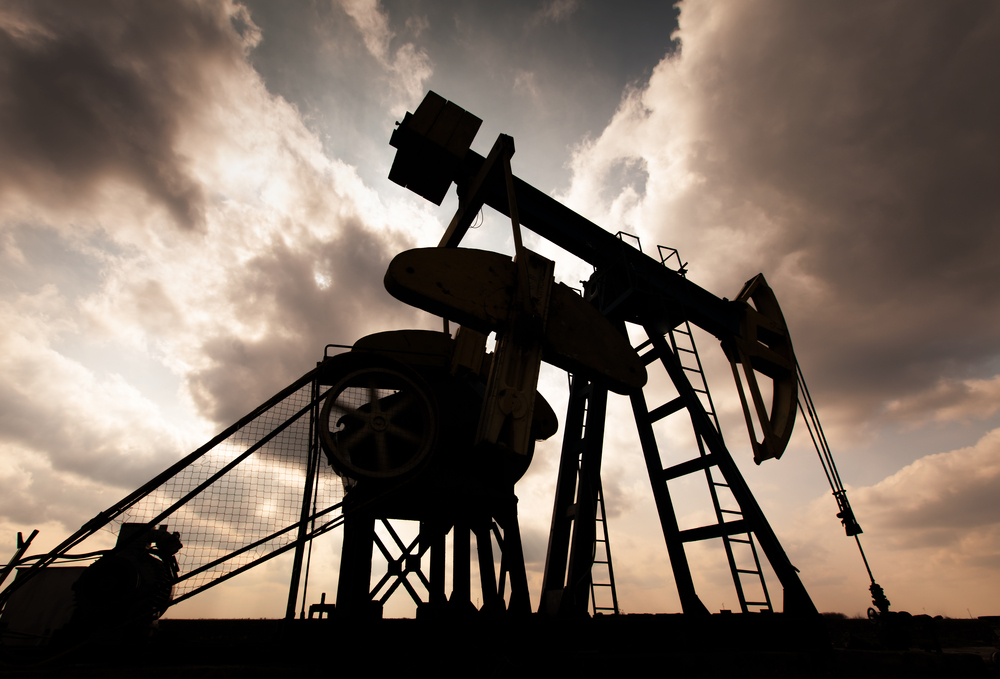
What is Fracking
Fracking is a term coined by the drilling industry better known as high volume horizontal fracturing. This method of drilling makes natural gas accessible by utilizing sand, chemicals, and water injected at high speed pressures to access that natural gas.
While hydraulic drilling vertically is not new, hydraulic drilling horizontally is fairly new. And, of course, with any new technology comes the question as to whether it is safe in many arenas such as:
• Air
• Land
• Water
• Wildlife
• Ecosystems
• Communities
• The economy
As with any new technology, the benefits must outweigh the hazards. Some of the hazards of concern for communities and governing bodies as well are:
• Dangerous air emissions
• Contamination of water
• Illness and adverse effects to humans
• Illness and adverse effects to wildlife
• Proper disposal of waste associated with high volume horizontal fracturing (fracking)
Taking a Look at the Effect on Water Due to Fracking
Governing bodies are put into place to study the long-term and short-term effect that high volume horizontal fracturing (fracking) has on the water supply. These governing bodies are in the process of examining the effect of water from the time it is acquired, taking into consideration the chemicals used to mix with that water, how the water is used after the fracking is complete, and up to and including the disposal of that water and chemicals along with it.
Taking a Look at the Effect on Air Quality Due to Fracking
Governing bodies also have a vested interest on the impact of high volume horizontal fracturing (fracking) on the air quality. They are conducting studies in many areas of the impact of fracking:
• Levels of VOCs (volatile organic compounds) in the air
• Quantity of emissions of methane
• Other hazardous air pollutants
• Greenhouse gases
Those studies are showing that those residents and schools located nearer to where fracking and its wells are conducted are at a much higher risk of exposure to cancer.
The Environmental Protection Agency (EPA) is one of the governing bodies working toward identifying and containing these contaminants and the ill effects they may pose in the future.
The Lay of the Land and Fracking
Concerns are arising about the adverse affect to the lay of the land, especially for wildlife when it comes to fracking. Possible sedimentation trickling into streams that wildlife so very much depend on is a cause for concern. Forests and its inhabitants, streams and its inhabitants could be adversely affected due to the chemicals seeping into these ecosystems. Of course, anything that seeps into one ecosystem has an impact throughout most any other ecosystem, as well.
While research is conducted as horizontal fracking is fairly new, individuals should gather as much information as possible, especially pertaining to their hometown, educate themselves, and speak out if they believe that fracking is harmful in any way, shape, or form with the hazards outweighing the benefits.

